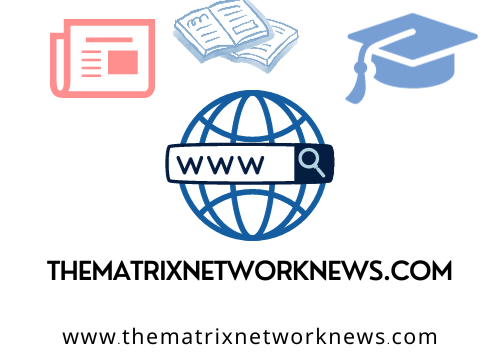Trump–Putin Alaska Summit: What It Means for South Africa’s Economy
Anchorage, August 15, 2025 – In their first face-to-face meeting since the full-scale invasion of Ukraine began, U.S. President Donald Trump hosted Russian President Vladimir Putin at a summit in Alaska. The summit concluded without any formal deal, though Trump implied that Ukraine may need to cede territory for peace WikipediaThe Washington PostChatham House.
1. Global Stability & Geopolitical Shifts: Ripple Effects on South Africa
Analysts warn the summit may embolden Putin — a strategic win amid the continued war in Ukraine Atlantic CouncilChatham House. A prolonged conflict in Europe keeps global commodity markets volatile and heightens geopolitical uncertainty — risks that could affect South Africa’s export-driven economy.
2. U.S.–Russia Relations & South Africa’s Position in Global Trade
As South Africa navigates its position between major powers, Trump’s transactional diplomacy, exemplified by his outreach to BRICS partners after the summit, signals shifting alliances The Moscow TimesBrookings. South African President Cyril Ramaphosa’s diplomatic support of peace efforts keeps Pretoria visible on the international stage, reinforcing its BRICS leadership role The Moscow Times.
3. Agricultural Exports: Cautious Optimism Amid Trade Tensions
South Africa’s Q2 2025 agricultural exports to the U.S. jumped 26%, reaching $161 million, thanks to strong harvests Reuters. Yet, the new 30% U.S. tariffs on South African goods loom large. If the summit results in a softer U.S. posture toward Russia—and by extension, to trade via renewed isolationism—South Africa may continue bearing the brunt of tariff increases and market unpredictability.
4. Strategic Leverage Through Critical Minerals
In light of fluctuating global alignments, South Africa holds significant leverage with its rich supply of critical minerals (like platinum, manganese, and rare earths), essential to U.S. industrial and defense supply chains Wikipedia+1. Past U.S. aid suspensions and trade threats only magnify the importance of these resources in geopolitical bargaining.
5. Diplomacy & Soft Power: The South African Approach
Following Trump’s highly publicized Oval Office confrontations with other leaders, including Zelenskyy and Ramaphosa, South Africa emphasized restraint and diplomatic composure Financial TimesThe WeekThe Times of IndiaWikipedia. This narrative underlines South Africa’s ability to maintain constructive dialogue amid global tension — a soft power asset that can support investor confidence and economic partnerships.
Key Takeaways
-
No peace deal, but geopolitical repositioning: The Alaska summit didn’t resolve the war in Ukraine—and signs point to its potential continuation. This instability impacts global markets and commodity prices.
-
Tariff risks: U.S. tariffs threaten South African agricultural exports, despite recent gains.
-
Strategic minerals as leverage: South Africa’s mineral exports reinforce its geopolitical and economic relevance.
-
Diplomatic finesse: Pretoria’s measured response to global power plays reinforces its soft power and trade agenda.
In Summary
With the Trump–Putin meeting altering global diplomatic currents, South Africa must navigate a complex landscape: preserving its export-driven economy amid tariff risks, leveraging its mineral wealth, and maintaining global credibility through diplomatic acumen.
Let me know if you’d like a breakdown by industry—agriculture, mining, trade—or a deeper dive into mineral market trends.
